Healthy Dandelion Tea – Is Dandelion Tea Good For You
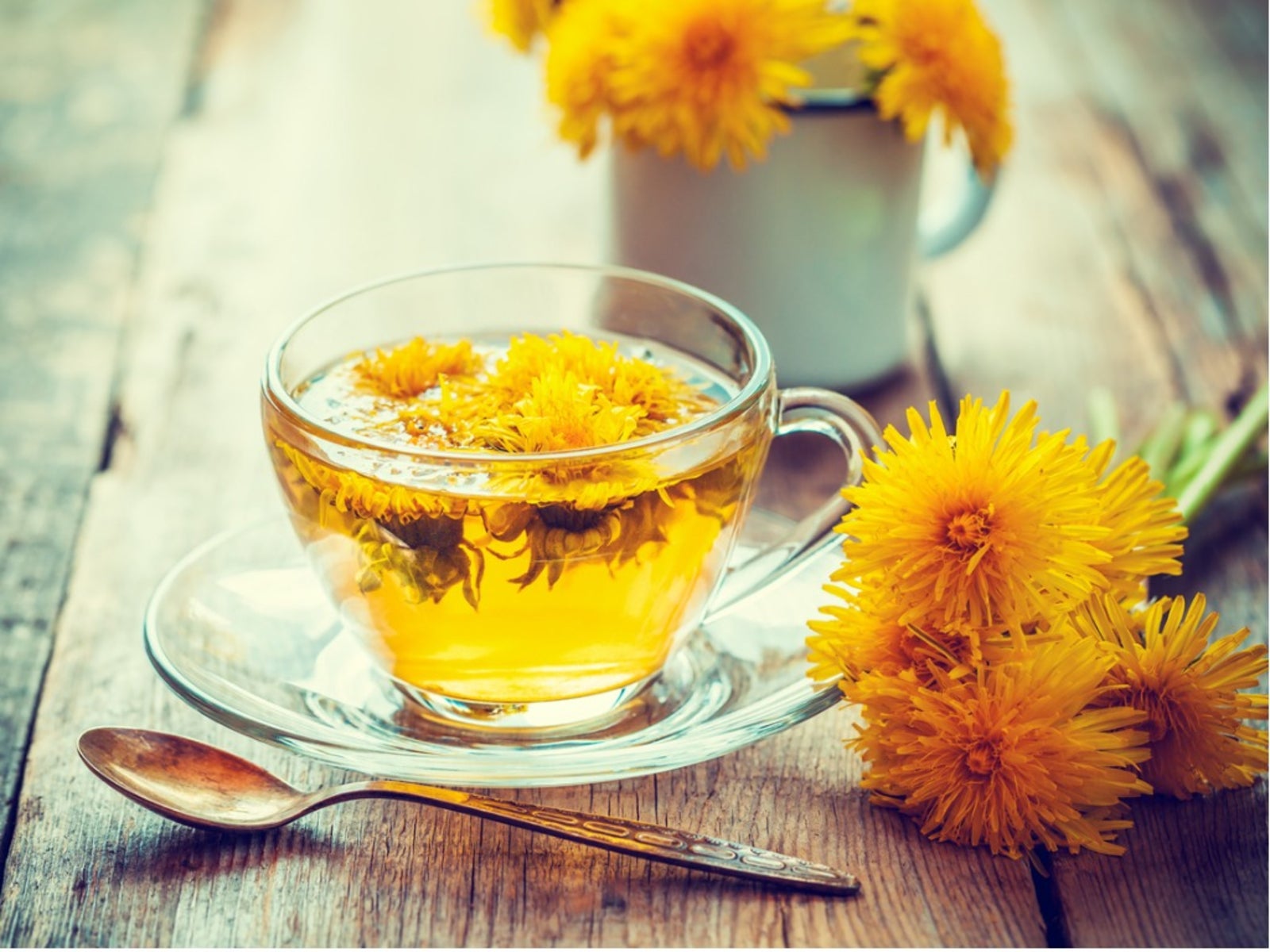

Weed haters may vilify the dandelion, but health conscious gardeners know the hidden power behind the weed. All parts of a dandelion can be eaten and have wonderful benefits. Dandelion tea is one of the better known uses for the plant. Is dandelion tea good for you? Yes, there are many dandelion tea benefits, plus it is a tasty, cozy drink.
Is Dandelion Tea Good for You?
Before you pull that weed, you may want to consider its usefulness in your well-being. Dandelion has been used for centuries due to its medicinal properties. It is also a yummy addition to salads and the root can be roasted as a vegetable. Healthy dandelion tea brings a load of vitamins and minerals and has certain detoxifying properties that can result in the reduction of many health complaints.
Making dandelion tea for health has been part of the natural pharmacopeia probably as long as humans have been gathering plants. The benefits of dandelion tea vary depending upon the research, but all users agree it has loads of Vitamins A, C, and D, zinc, magnesium, and iron. It has long been noted that consumption of the tea is an excellent diuretic, leading to such names as "piddle bed." More than its ability to enhance urine flow though, the other benefits of dandelion tea can have curative effects.
Using Dandelion Tea for Health
Dandelion tea benefits cross into the realms of cosmetic and internal medicine. As an astringent, it can help with acne and other issues with the skin. Used on the hair it reduces dandruff and brings the shine back to your tresses. Taken internally, healthy dandelion tea is touted as a detox, which is beneficial to the liver and kidneys. The tea can also help prevent cell damage and fight diabetes. Most astoundingly, a study conducted in 2011 found the plant had the ability to fight certain cancers.
How to Make Dandelion Tea
The first step to harnessing the health benefits of dandelion tea, is to harvest it. Select plants that have not been exposed to herbicides or pesticides. The roots, either roasted or fresh, will make the most robust tea. Harvest in fall or spring when the plant is dormant and has stored plenty of energy in the root. Dig deeply, as dandelion forms a long taproot. Wash the root well and either roast or grate them to use fresh. Steep the plant material and then strain. If you want a more delicate tea, harvest flowers and steep them in hot water. Once you enjoy the tea and its attributes, you won't feel the same about those pesky, golden flowered weeds.
Note - Not all dandelions are equal. Many, especially in public parks, have been sprayed with herbicides or other chemicals. Only ever eat dandelions you know to be untreated.
Gardening tips, videos, info and more delivered right to your inbox!
Sign up for the Gardening Know How newsletter today and receive a free copy of our e-book "How to Grow Delicious Tomatoes".

Bonnie Grant is a professional landscaper with a Certification in Urban Gardening. She has been gardening and writing for 15 years. A former professional chef, she has a passion for edible landscaping.
-
 Looking For Plants To Give You The Soft And Fuzzies? Try These 5 Fuzzy Leaf Plant Options
Looking For Plants To Give You The Soft And Fuzzies? Try These 5 Fuzzy Leaf Plant OptionsLovers of texture, drama, silver foliage and tactile plants will adore these special sensory garden additions. These fuzzy leaf plant options will leave you all aglow
By Susan Albert
-
 Get Ready For A Summer Of Hummers! Grow These Full Sun Hummingbird Plants and Flowers
Get Ready For A Summer Of Hummers! Grow These Full Sun Hummingbird Plants and FlowersIf you’re lucky enough to enjoy a sunny backyard, make sure you are maxing out on your pollinator opportunities and grow these full sun hummingbird plants and flowers
By Tonya Barnett
-
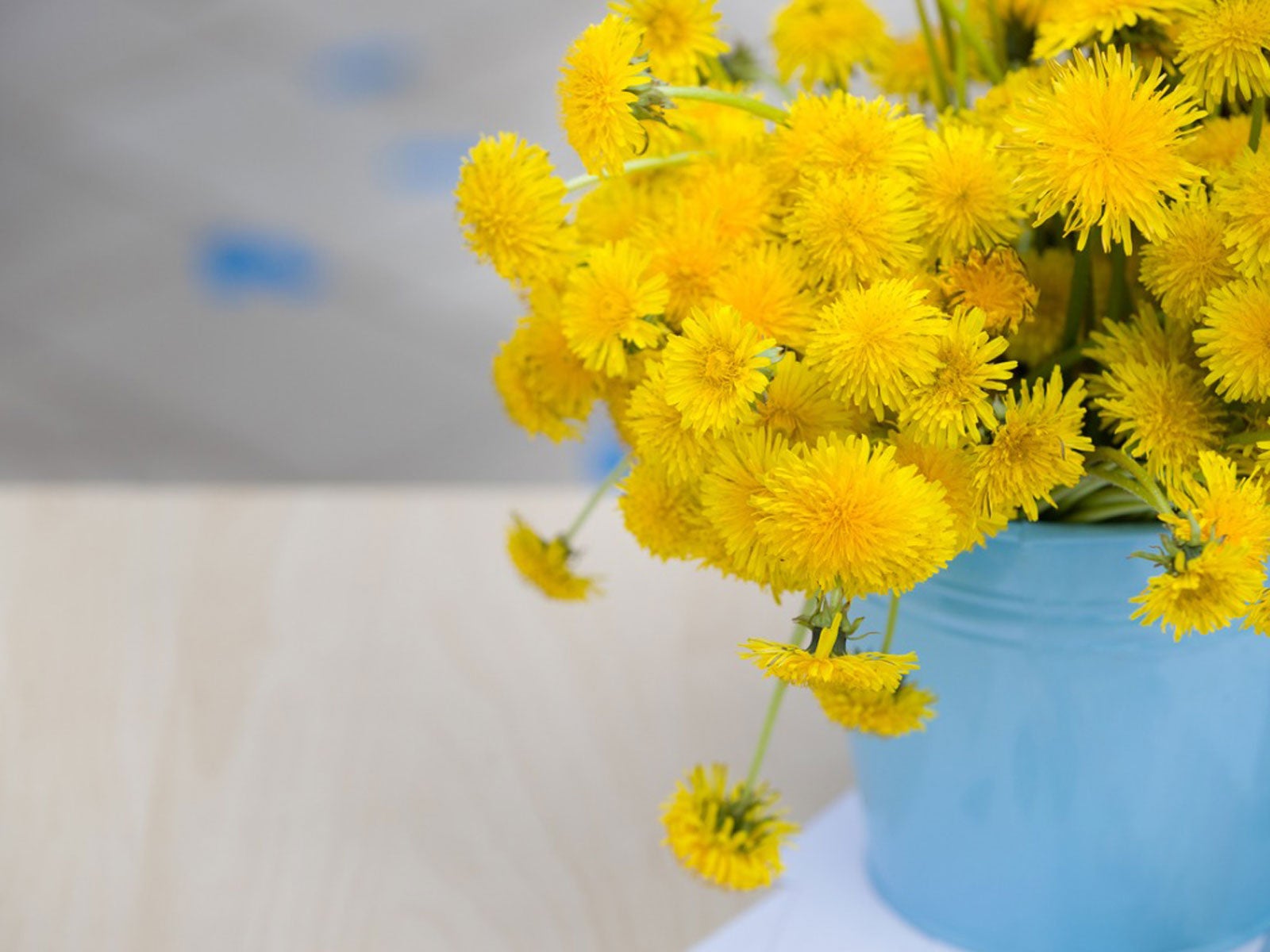 Indoor Dandelion Growing – Can You Grow Dandelions Indoors
Indoor Dandelion Growing – Can You Grow Dandelions IndoorsGrowing dandelion plants indoors may seem odd, but it is easy, and they can be grown at any time of year. Click to learn how.
By Mary H. Dyer
-
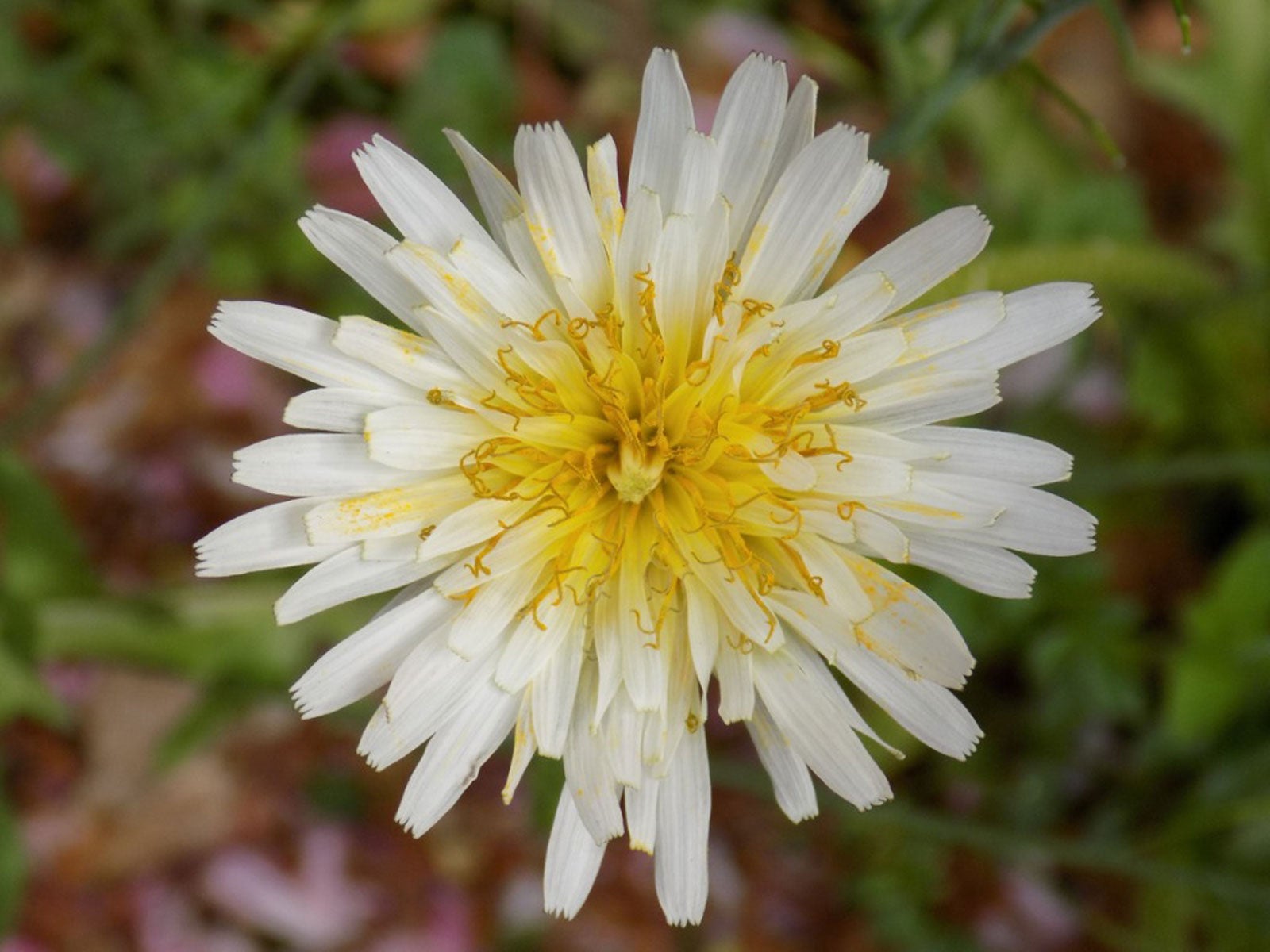 Dandelion Flower Varieties: Interesting Types Of Dandelion Plants To Grow
Dandelion Flower Varieties: Interesting Types Of Dandelion Plants To GrowWe’ve all seen a dandelion growing, but what are the different types of dandelions? Click this article to find out about different dandelion flowers.
By Mary H. Dyer
-
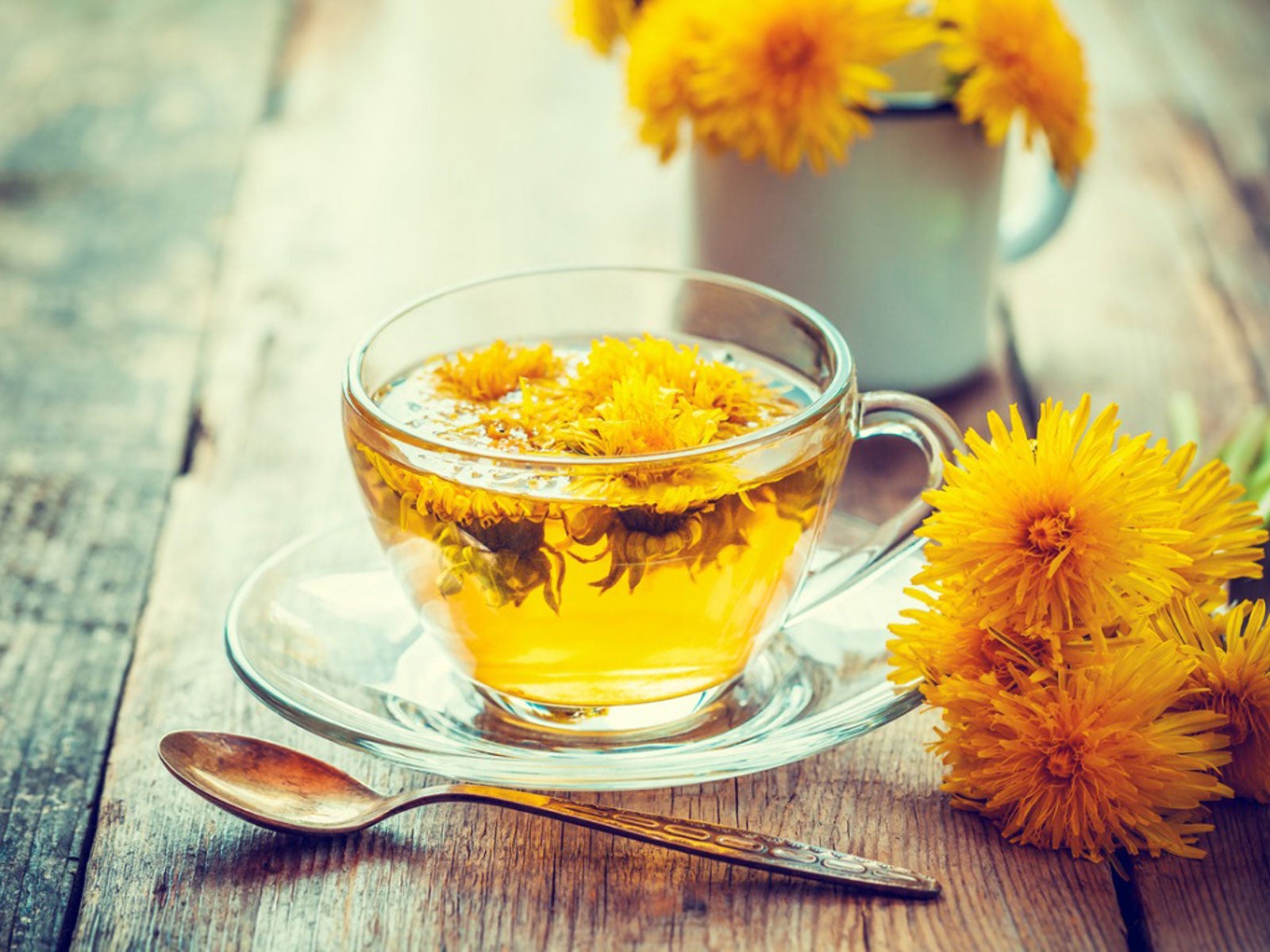 Dandelion Herbal Tea Benefits: Growing Dandelions For Tea
Dandelion Herbal Tea Benefits: Growing Dandelions For TeaInstead of waging a frustrating and nearly pointless battle against dandelions, click here to learn how to make homemade dandelion tea. It’s good for you.
By Bonnie L. Grant
-
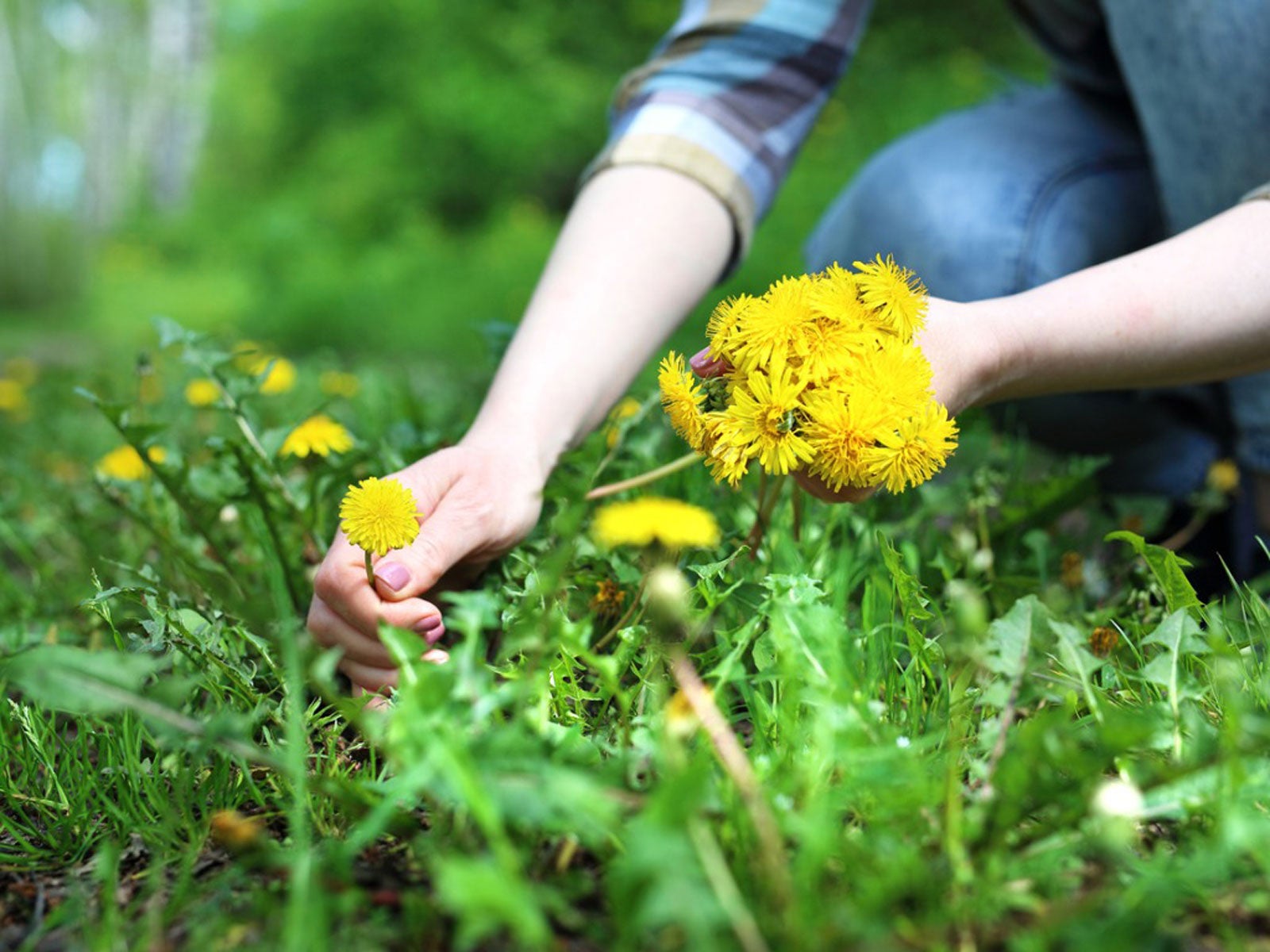 Picking Dandelions: How And When To Harvest Dandelions
Picking Dandelions: How And When To Harvest DandelionsPicking dandelions allows access to a cheap, healthy food source. All parts are edible but harvested at different times. Learn when to harvest dandelions in this article.
By Bonnie L. Grant
-
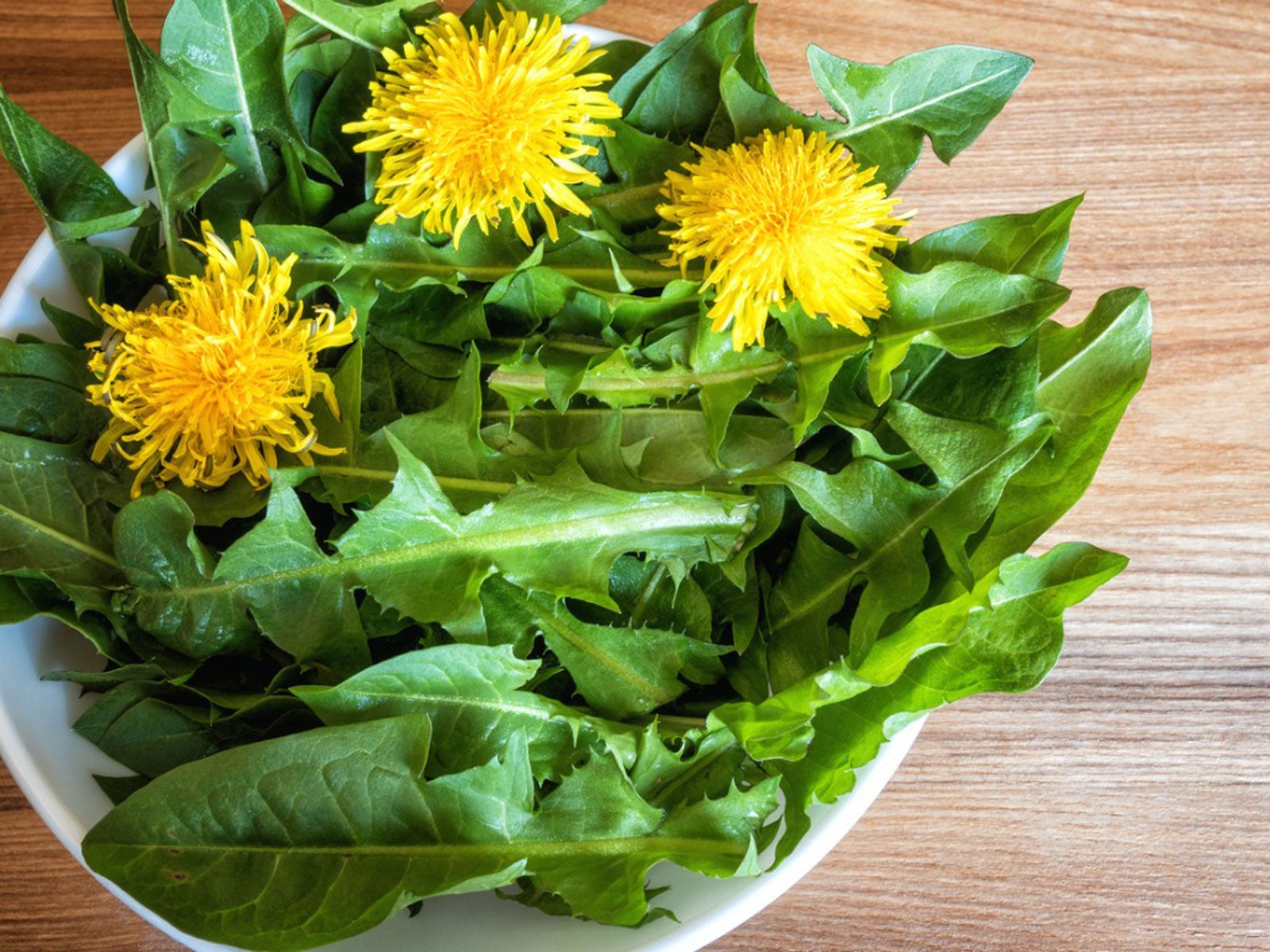 Uses For Dandelions: What To Do With Dandelions
Uses For Dandelions: What To Do With DandelionsDandelions are considered weeds by many people, but they're actually useful. Consider all the uses for dandelions before dismissing them.
By Mary Ellen Ellis
-
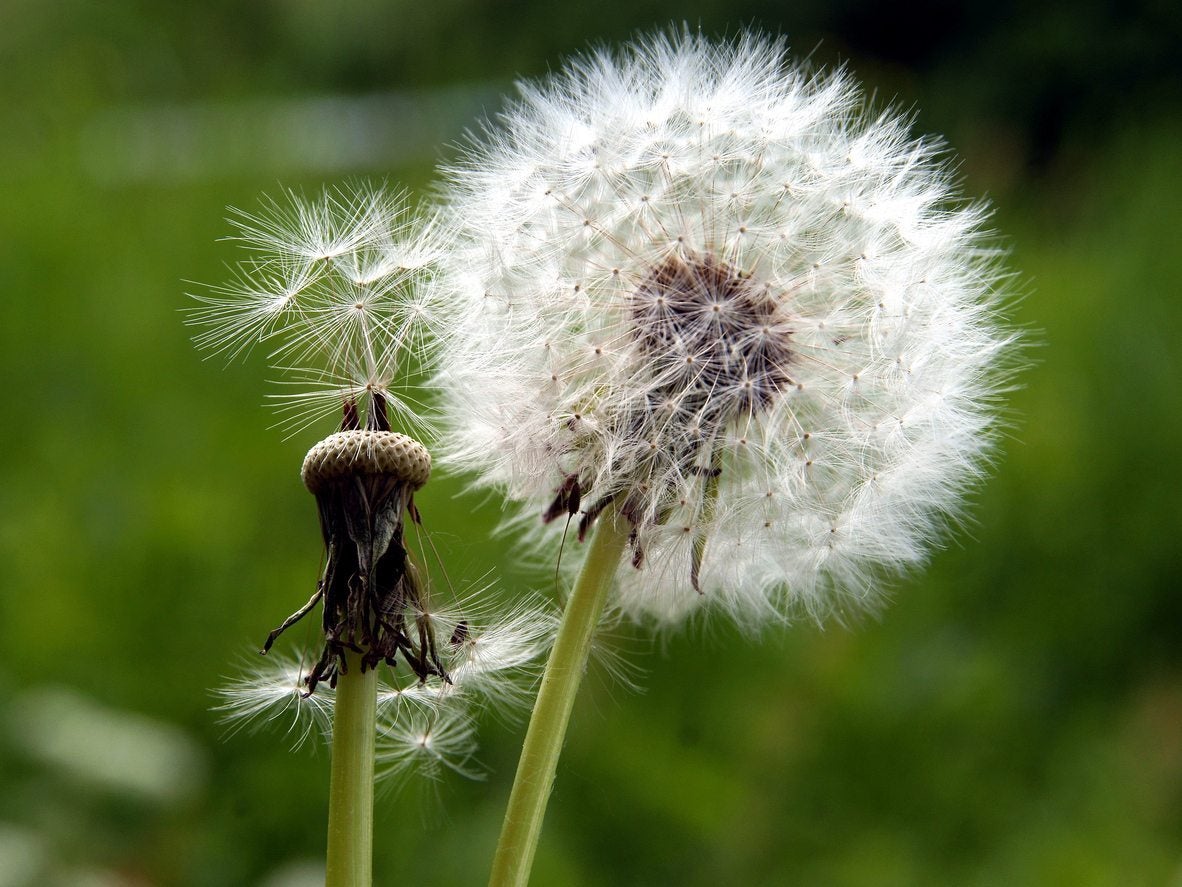 Dandelion Seed Growing: How To Grow Dandelion Seeds
Dandelion Seed Growing: How To Grow Dandelion SeedsDid you know that the leaves, flowers, and roots of dandelion are edible or that the dandelion has purported medicinal properties? Bees and other pollinators also rely on them. So, what are you waiting for? Find out how to grow dandelion seeds here.
By Shelley Pierce
-
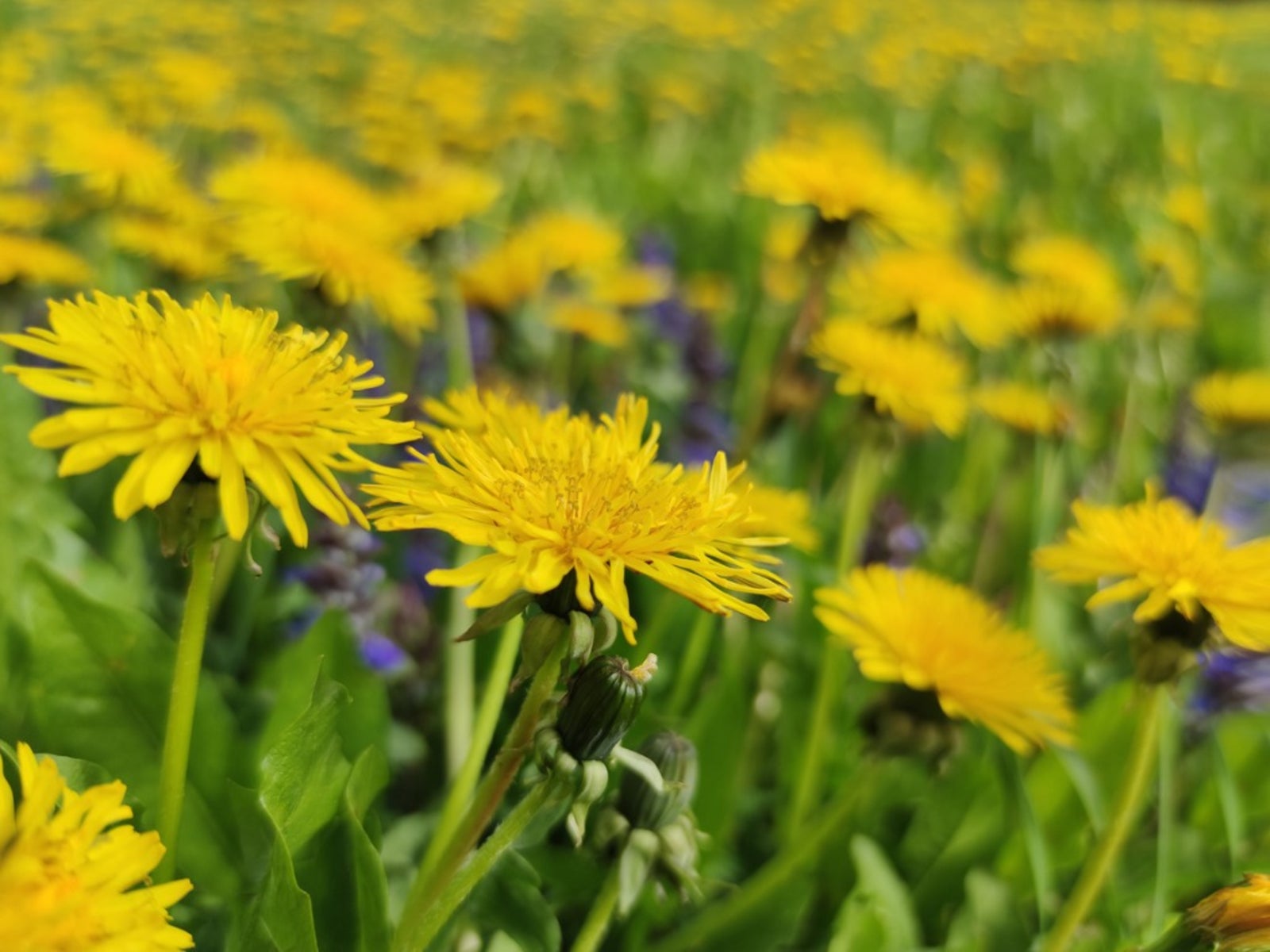 Dandelion Growing Info: How To Grow And Harvest Dandelions
Dandelion Growing Info: How To Grow And Harvest DandelionsIt may be a little odd to have an article about how to grow dandelions. After all, most gardeners consider them weeds. Once you know more about them, you might change your mind. Click here for more info.
By Heather Rhoades
-
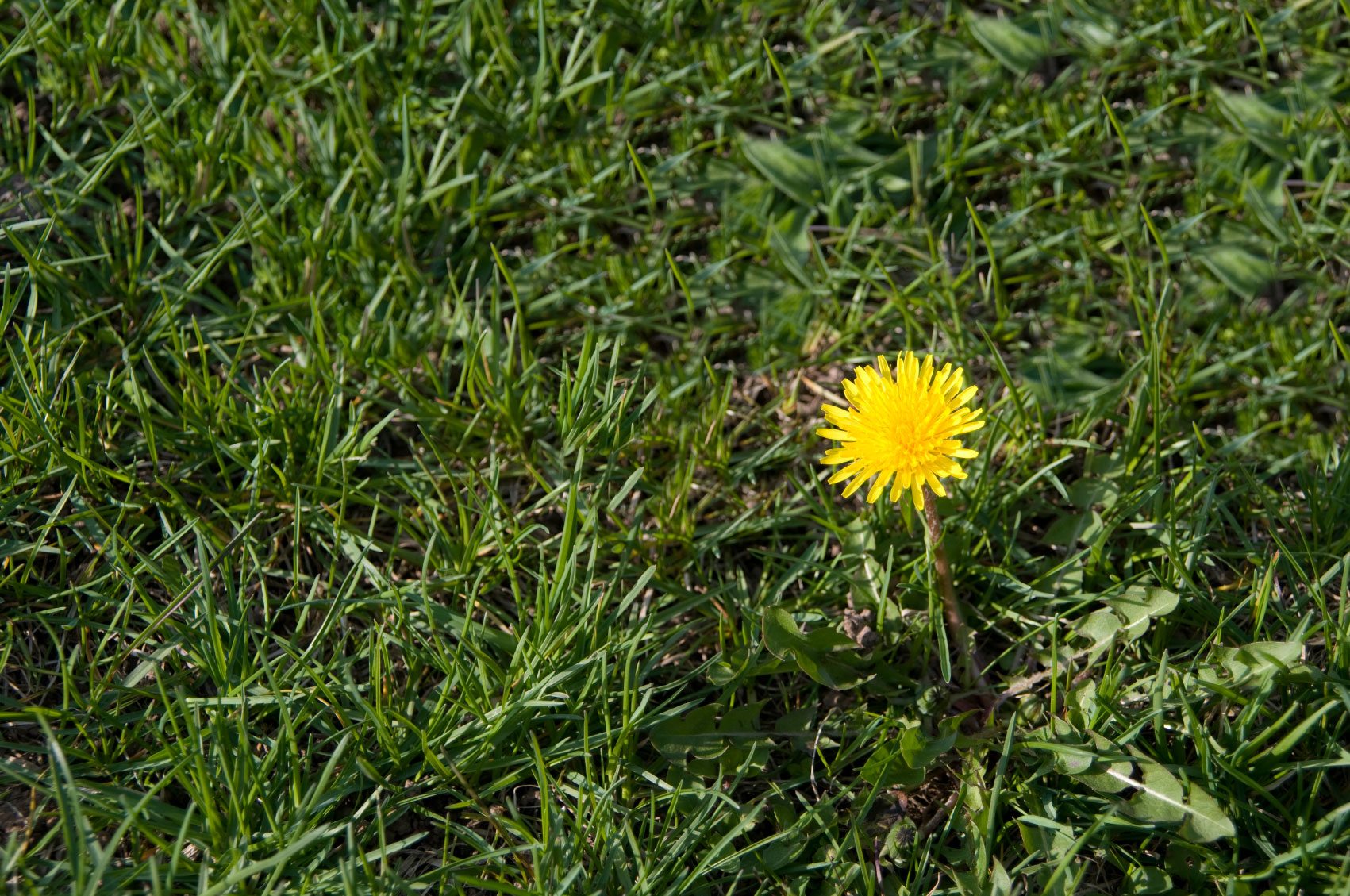 Dandelion Removal: How To Kill Dandelions
Dandelion Removal: How To Kill DandelionsDandelions will push out grass and other plants, as well as sapping water and nutrients away from surrounding plants. For this reason, controlling the weed is important. Learn more in this article.
By Heather Rhoades